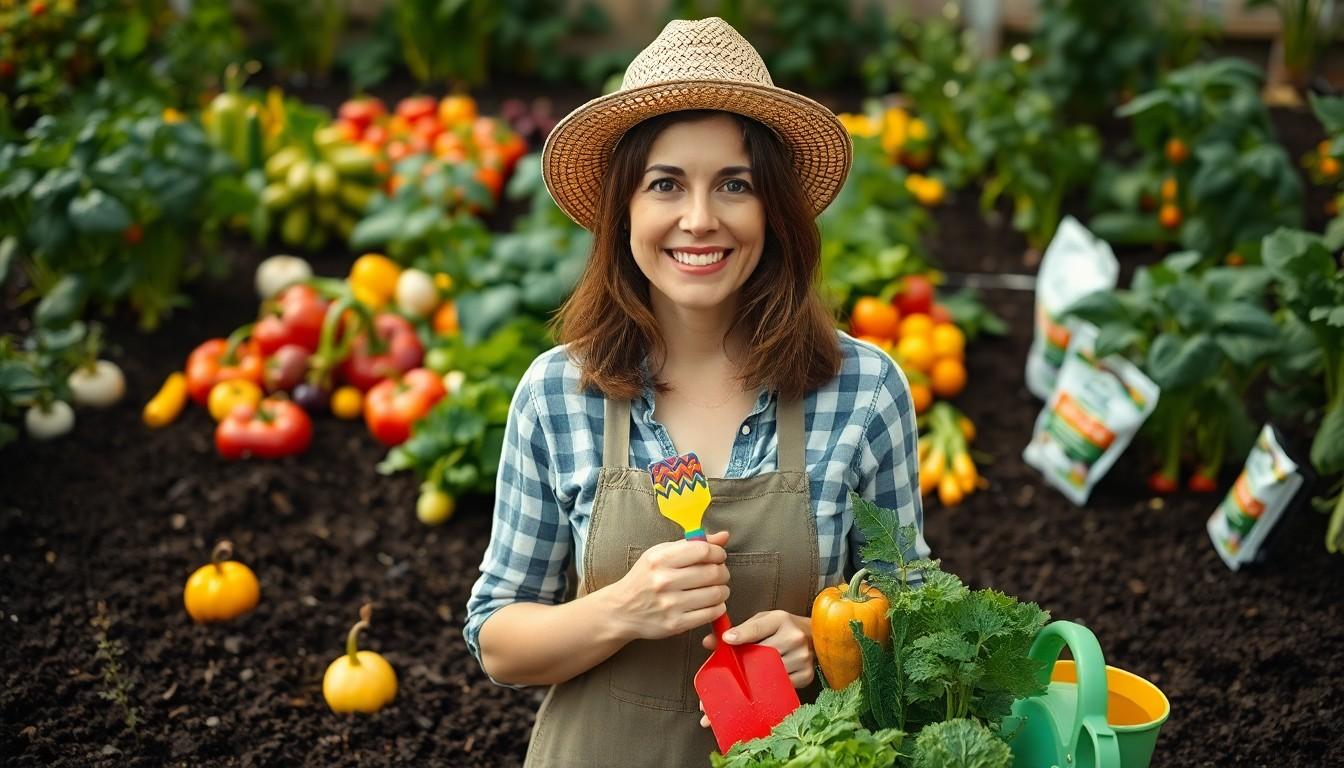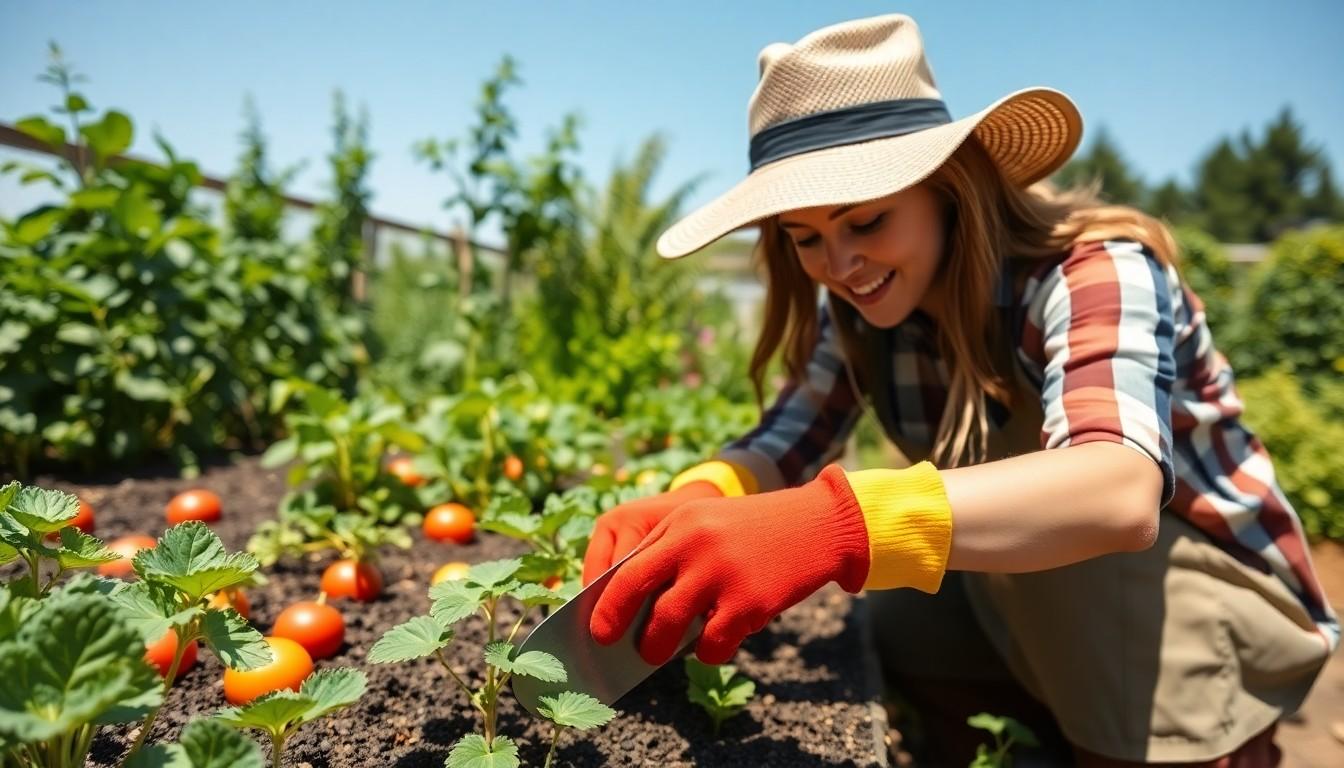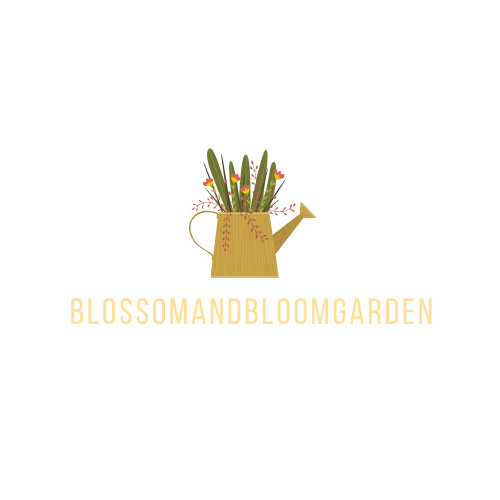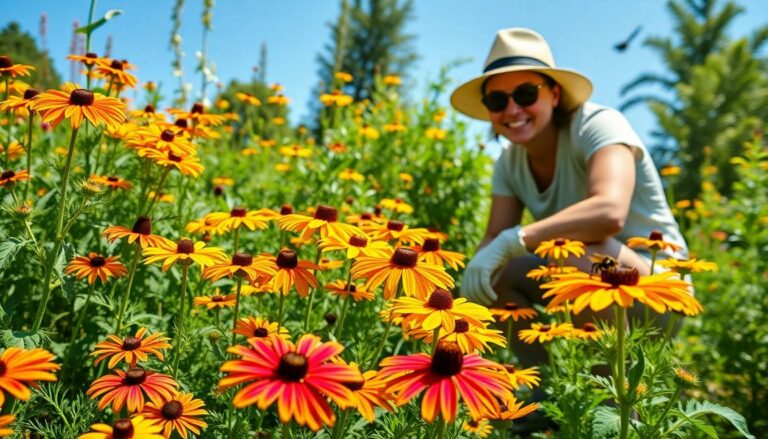The Best Fluffy Pancakes recipe you will fall in love with. Full of tips and tricks to help you make the best pancakes.

Vegetable Garden Supplies: Essential Tools for a Bountiful Harvest
Growing a vegetable garden can feel like a magical journey, where seeds transform into vibrant veggies right in your backyard. But before diving into this green adventure, it’s crucial to arm yourself with the right supplies. After all, you wouldn’t go to battle without your trusty sword—or in this case, your trowel and watering can!
Importance Of Vegetable Garden Supplies
Adequate supplies play a crucial role in the success of any vegetable garden. Tools and materials help create optimal conditions for growth. Without proper resources, gardeners face challenges that may hinder plant health and yield.
Essential supplies include high-quality soil, which provides nutrients. Quality compost enhances soil fertility while improving structure. Durable containers allow for proper drainage and air circulation, which are vital for root development.
Watering equipment ensures that plants receive adequate moisture. A watering can or drip irrigation system distributes water efficiently. Consistent moisture promotes healthy growth and reduces stress on plants.
Fertilizers support plant development by supplying essential nutrients. Organic options like compost and manure contribute positively to soil health. Balanced fertilizers provide a controlled release of nutrients, making them suitable for various crops.
Pest control supplies safeguard gardens from harmful insects and diseases. Biodiversity attracts beneficial insects and promotes natural pest management. Organic pesticides serve as an alternative, reducing chemical exposure while remaining effective.
Mulching supplies help retain soil moisture and suppress weeds. Organic materials like straw or wood chips add nutrients as they decompose. A proper mulch layer prevents erosion and ensures a stable growing environment.
Garden planning tools assist in layouts and crop selection. Design software or simple sketching aids in visualizing garden layouts. Planning ensures efficient use of space and resources, maximizing harvest potential.
With adequate vegetable garden supplies, gardeners can achieve fruitful harvests. Sufficient preparation enhances the gardening experience, transforming seeds into bountiful produce. Reliable supplies lead to healthy plants, fostering a sustainable gardening practice.
Essential Tools For Vegetable Gardening

Successful vegetable gardening hinges on having the right tools. Essential hand tools and power tools significantly enhance efficiency and ease in the garden.
Hand Tools
Basic hand tools play a vital role in vegetable gardening. A trowel, for example, makes planting and transplanting easier. Garden forks assist with turning soil and breaking up clumps, ensuring better aeration. Pruners facilitate trimming and harvesting vegetables, promoting healthy growth. Gloves protect hands from cuts and blisters. Additionally, a hoe helps keep weeds at bay, preventing competition for resources. Finally, a rake levels soil and prepares garden beds, making the workspace more manageable.
Power Tools
Power tools streamline many gardening tasks, saving time and energy. A tiller breaks up compacted soil, creating ideal planting conditions. Using a garden edger provides clean lines along flower beds and walks. A string trimmer efficiently trims grass, making maintenance simple around plants. Higher efficiency in watering comes from using an irrigation system, ensuring plants receive consistent moisture. With a compost shredder, kitchen scraps break down faster, enhancing compost quality. These tools make vegetable gardening more enjoyable and productive.
Soil And Fertilizers
Soil and fertilizers are fundamental components for a thriving vegetable garden. Quality soil ensures good drainage, aeration, and nutrient availability while fertilizers promote healthy plant growth.
Types Of Soil
Various soil types exist, each with unique properties. Loamy soil combines sand, silt, and clay, offering the best drainage and nutrient retention. Sandy soil drains quickly but lacks nutrients, making it necessary to enrich with compost. Clay soil retains moisture but compacts easily, hindering root growth. Silt soil holds moisture well but can become compacted, requiring regular aeration. For optimal results, gardeners often mix different soil types to enhance texture and fertility.
Organic Fertilizers
Organic fertilizers provide essential nutrients without synthetic additives. Common sources include compost, well-rotted manure, and fish emulsion. Compost improves soil structure and adds beneficial microorganisms. Manure supplies nitrogen and micronutrients, promoting growth. Fish emulsion offers a quick nutrient boost, supporting plants during critical growth stages. Liquid seaweed is another option, enriching soil and stimulating root development. Regular application of organic fertilizers ensures plants receive the necessary nourishment throughout the growing season.
Seeds And Plant Starts
Seeds and plant starts form the foundation of a successful vegetable garden. Choosing the right seeds ensures healthy plants and productive harvests.
Choosing The Right Seeds
Selecting seeds starts with considering the garden’s climate and soil type. Many gardeners examine seed catalogs to find varieties that thrive in local conditions. Heirloom seeds offer unique flavors and better adaptability, while hybrid seeds often provide higher yields and disease resistance. Understanding the growing seasons helps determine the best time to plant, whether for early crops or late-season varieties. Researching pest-resistant options also enhances success, minimizing the need for chemicals.
Buying Plant Starts
Purchasing plant starts presents a convenient way to bypass the germination process. Local nurseries often stock a range of healthy, established seedlings suited for specific climates. It’s crucial to inspect plants for signs of pests or disease before buying. Many gardeners prefer organic plant starts to align with sustainable practices. Choosing the right size is essential; small starts may adapt better, while larger ones may yield quicker results. Timing purchases for optimal transplanting ensures better establishment in the garden.
Pest Control Solutions
Pest control supplies protect vegetable gardens from harmful insects and diseases. Effective solutions fall into two main categories: organic and chemical.
Organic Pest Control
Organic pest control offers safe alternatives that minimize chemical use, appealing to many gardeners. Insecticidal soaps, made from natural oils, disrupt pest cell membranes, effectively eliminating soft-bodied insects. Neem oil, derived from the seeds of the neem tree, works systemically to inhibit insect growth and reproduction. Beneficial insects, such as ladybugs and lacewings, also provide natural pest management by preying on harmful ones. Moreover, companion planting can repel pests by incorporating strong-smelling plants like marigolds alongside vegetables. Gardeners often combine these methods for a multi-faceted approach to pest management.
Chemical Pest Control
Chemical pest control involves synthetic pesticides designed to target specific pests. These products provide rapid action against infestations but come with risks, including potential harm to beneficial organisms. Pyrethroids, derived from chrysanthemum flowers, are popular for controlling a wide range of pests, including aphids and beetles. Herbicides, aiming to eliminate unwanted weeds, also play a role in managing garden health. Proper application techniques, such as adhering to recommended dosages, can minimize environmental impact. Ultimately, balance is key in choosing between organic and chemical options for effective pest management in vegetable gardens.
Conclusion
With the right vegetable garden supplies in hand gardeners can transform their outdoor spaces into thriving ecosystems. Quality soil and compost provide the foundation for healthy plants while essential tools streamline the gardening process. Watering systems and organic fertilizers ensure consistent growth and nutrient delivery.
Effective pest control measures protect crops from unwanted threats allowing for a bountiful harvest. By investing in the right supplies and tools gardeners not only enhance their gardening experience but also contribute to sustainable practices. Embracing these essentials paves the way for a successful and rewarding vegetable gardening journey.




